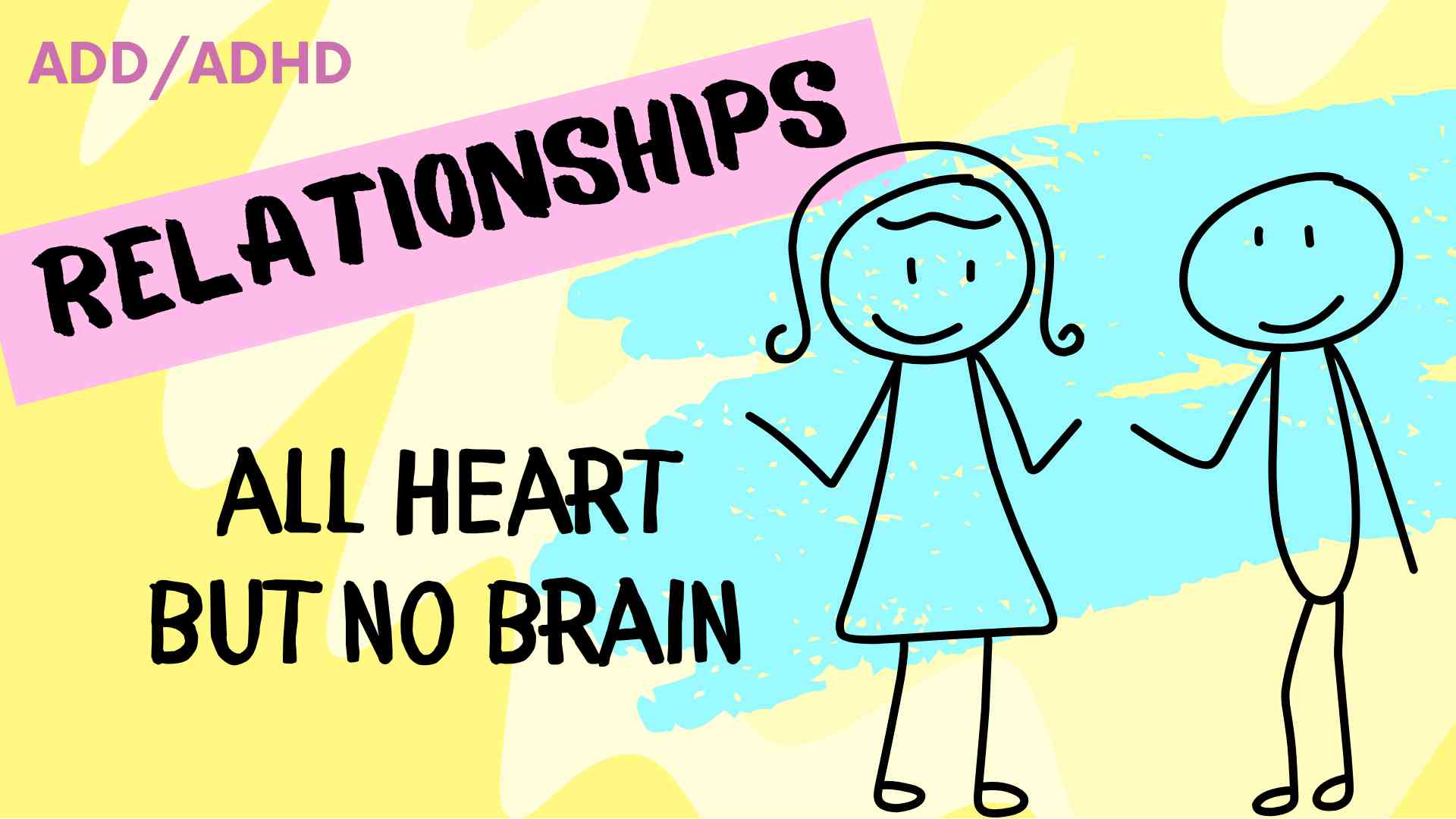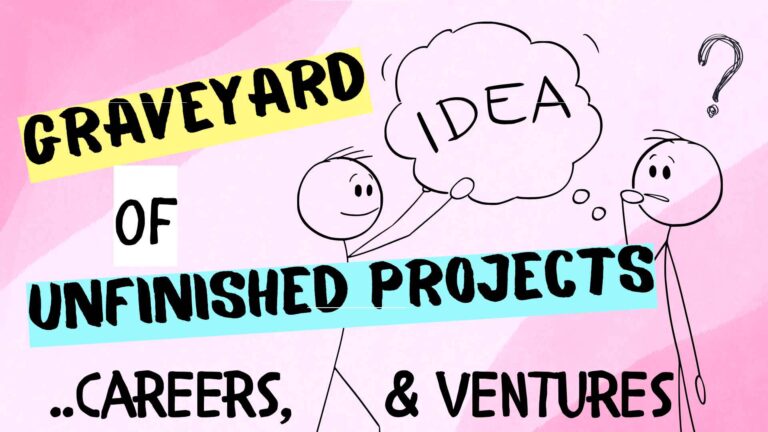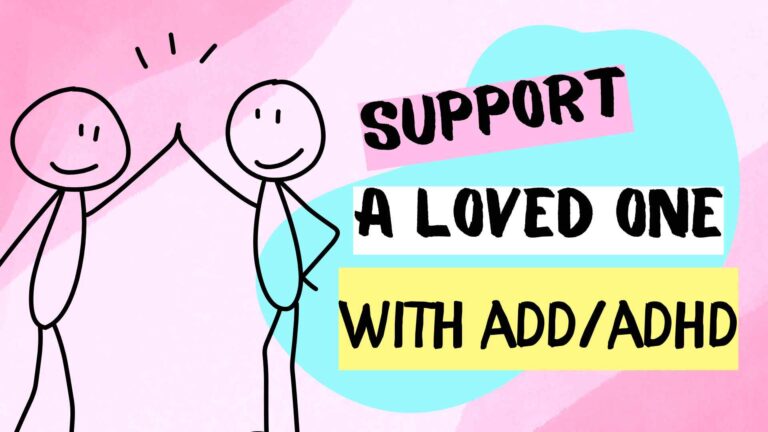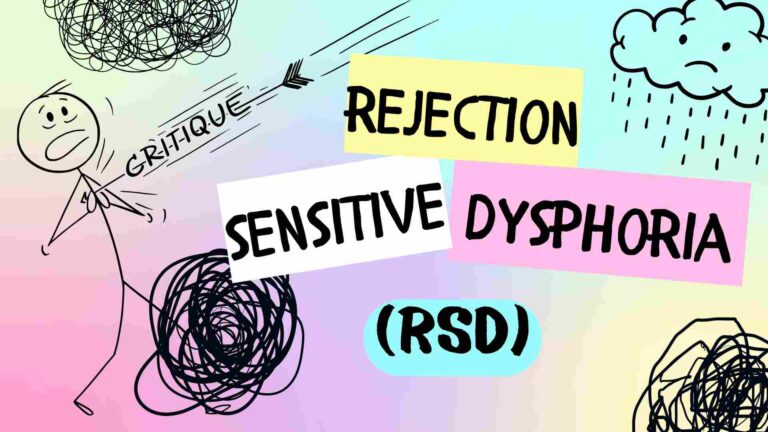I’m a little late to the party here. I’ve never put my partner’s “shoes on” as far as our relationship goes. My whole world has been “this is my brain, it sucks, but let’s move on.”
Relationships are deeply affected by one partner (or both) having ADD/ADHD tendancies. It’s not enough to know the person has a different brain, it’s knowing how to approach conversations and life decisions while keeping this fact in mind. Even love must be approached differently.
Table of Contents
Loving someone with ADD/ADHD
June Silny is an ADHD coach, writer, and featured contributor to ADDitude Magazine. She is known for her work with individuals dealing with ADHD, addiction, anxiety, and achieving positive outcomes.
June is highly respected and quoted all over the Internet. I discovered one of her articles that prompted new thoughts: 20 Things to Remember If You Love a Person with ADD/ADHD It is a must-read, concisely summarizing almost every facet of my life.
Even if you’re not in a relationship, print out June’s list out and hang it up on a wall – it’s like a blueprint of yourself. A summary: ADD/ADHD tests relationships. The couple must adopt a new mindset for them to succeed. Compassion, empathy and patience will carry you through the most difficult times.
Here are some highlights:
- people with ADD cannot concentrate when they are emotional or when their thoughts are distracted
- when they are interested in a specific topic, they zone in so deep that it’s hard to pull them out of that zone
- a project is a challenge; but stopping it is an even bigger challenge
- a person with ADD listens, but after the first five words their mind is on a journey (here I will add constantly interrupting because they can’t hold on to their thoughts)
- As deep thinkers, they are sensitive to whatever is going on around them, they become anxious easily
- Making decisions or completing tasks is a struggle because their minds are full of options and possibilities
- their brain can’t remember simple tasks
- due to the constant activity of their brain, they have many tasks going on at one time
- they are passionate about everything they do; they are intense, perceptive, and deep thinkers
- they have difficulty regulating emotions and have verbal outbursts
- they are physically sensitive, fidgety, and impatient
- they process by moving
My heart was all in [the relationship], but my brain was not.
–Terena Bell
In June’s wise words, “Realize how they struggle to do what comes easy to you… try to remember they have to work extra hard to achieve a simple task.”
Spectrum of interest and insensitivity
Let’s not overlook love bombing, or the opposite, seeming disinterest in a relationship. According to ADD.org Sometimes, the ADHD brain may become very focused and preoccupied with their new love interest, and over shower them with gifts and attention initially.
In contrast, the ADD/ADHD person may seem disinterested in the relationship over time. To make matters worse, the lack of inhibitory control may appear that they are heartless. The ADD/ADHD brain struggles with impulsivity and inhibitory control, which regulates or suppresses certain thoughts, emotions, and actions (blurting out the wrong thing at the wrong time).
I will remind you that no one likes their feelings hurt. Rolling your eyes, body language, and hurtful words that express frustration (in a way that makes the person with ADD/ADHD feel second rate) – are painful. It is the exact opposite of using positive words and body languages that signal support.
It’s important to understand that if each person displays ADD/ADHD attributes, they can be different. Their strengths/weaknesses can manifest in complete contrast to each other. Being sensitive to how they uniquely react in their world is the key to a good relationship.
Honestly, forgetting what I want to say is a good thing. It deflates a heated argument fast!
Expressing love to someone with ADD/ADHD
For some reason, I missed the whole viral thing about the book “The 5 Love Languages” It took off starting in 2009. The book identifies five primary ways people experience love: Words of Affirmation, Quality Time, Receiving Gifts, Acts of Service, and Physical Touch. By recognizing these love languages in oneself and one’s partner, individuals can improve communication and strengthen their bonds.
Molisha Shaw from Shimmer explores the concepts of The 5 Love Languages from the perspective of those with ADD/ADHD.
For individuals with ADHD, words of affirmation can be particularly impactful. Positive reinforcement can help quell feelings of self-doubt or frustration that are often experienced due to challenges associated with ADHD (communicate with kindness and understanding).
For people with ADHD, quality time is especially significant (but pick a shared activity with minimal distractions).
Acts of service: show love through helpful and considerate actions (offer assistance on their struggle areas, such as organizing, planning, or completing tasks to help reduce stress).
Receiving gifts: give gifts that reflect a deep understanding of their personality, needs, and preferences.
Physical touch: deep pressure can calm the nervous system, so give a bear hug! Others may prefer holding hands, hugging, pecks on the cheek, and cuddling.
Conclusion
Every relationship has its struggles. The presence of ADD/ADHD traits poses unique challenges, adding another layer of complexity. Each person needs to acknowledge the strengths and weaknesses of each other to find success.




